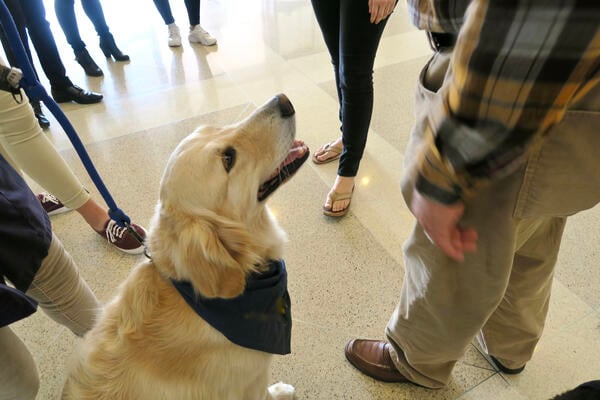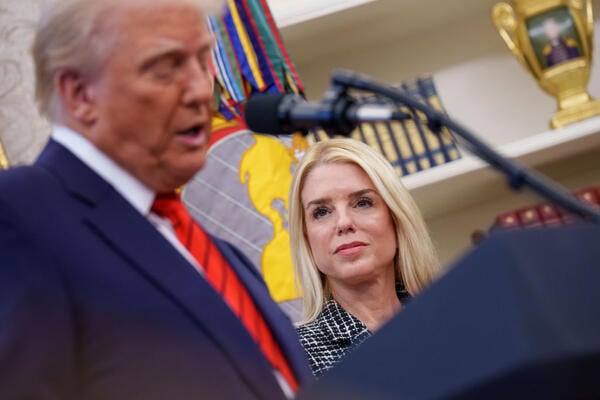Timely college completion has benefits for both the student and the institution. Learners who graduate on time—within two or four years, depending on the degree program—hold less debt and have greater earnings potential because they’re able to enter the workforce sooner.
National data reveals that only 17 percent of students at public two-year colleges complete a degree in two years, and 40 percent of students at public four-year institutions graduate on time. While a variety of personal challenges can limit students’ timely completion, institutional processes can also have an impact. According to the course scheduling software provider Ad Astra’s 2024 Benchmark Report, which included data from 1.3 million students, 26 percent of program requirement courses were not offered during the terms indicated in pathway guidance, leaving students without a clear road map to completion.
A new resource from Ad Astra and Complete College America identifies ways institutions can reconsider class scheduling to maximize opportunities for student completion.
What’s the need: Students report a need for additional support in scheduling and charting academic pathways; a 2024 Student Voice survey by Inside Higher Ed and Generation Lab found that 26 percent of respondents want their college to create or clarify academic program pathways. An additional 28 percent want their institution to introduce online platforms to help them plan out degree progress.
Nontraditional students, including adult learners, parenting students and working students, are more likely to face scheduling challenges that can also impede their progress. A 2024 survey of online learners (who are primarily older, working and caregiving students) found that 68 percent of respondents considered time to degree completion a top factor in selecting their program and institution.
But making the switch to a better system isn’t exactly a cakewalk for higher ed institutions, and establishing strong top-down policies can create its own hurdles. “Because leadership changes in organizations and institutions, because we get more and more students enrolling and registering, we still have to continue to reiterate this message about how important academic scheduling is,” said Complete College America president Yolanda Watson Spiva. “But we’re happy to do it because it still remains one of the best levers for helping students to persist and complete college.”
Becoming a student-centered institution with predictable and flexible scheduling also benefits the institution because it means continuous enrollment, Watson Spiva said
“Whether it’s Uber or Amazon, all these things are meant to make life easier, and yet for some reason, in higher ed, we haven’t caught up to that, that convenience is a major factor” in improving student enrollment and retention, Watson Spiva said. “Until we change our mindset in terms of embracing students as agents of change and having agency in and of themselves, I think we’re going to continue to grapple with this pervasive issue.”
The new report is a playbook of sorts to help institutions prepare to make change, said Ad Astra’s president, Sarah Collins. “This is one of the next big things that institutions really need to get their arms around, I think, because it’s so culturally difficult and very big, very hairy and scary,” Collins said.
How to make change: For institutions that want to do better and overhaul current practices, Ad Astra’s report provides starting points that administrators can consider, including:
- Assessing the institution’s readiness for change, including current scheduling practices, faculty concerns and priorities, as well as the institution’s context, such as previous efforts and resource constraints. Administrators should identify existing inefficiencies, as well as resources and staff capacity, to implement and sustain change.
- Being aware that making adjustments requires more than technical training; it also demands capabilities to engage in change leadership practices and sustained support to ensure changes are embedded into the institutional culture.
- Celebrating and recognizing positive changes. Data and storytelling can measure impact as well as affirm how practices make a difference in student success.
Evaluating the organizational structure of the institution is one key piece, Collins said, because colleges tend to be designed around a strategy rather than a student. Institutions should also prioritize data collection and distribution, because that’s a frequent sticking point in change-management practices.
“Making sure that the data tells a story, convincing people to believe the data, making sure that the things you’re trying to measure are the things that actually matter and they actually map to the bigger thing you’re trying to accomplish,” Collins explained.
Additionally, prioritizing the student voice in conversations about course scheduling can ensure that the institution is centered on learners’ needs. “It should not just be the traditional-age student,” Watson Spiva said. “It should also include post-traditional students—working learners, parenting learners—because their scheduling needs are going to be very, very diverse.”
We bet your colleague would like this article, too. Send them this link to subscribe to our newsletter on Student Success.








